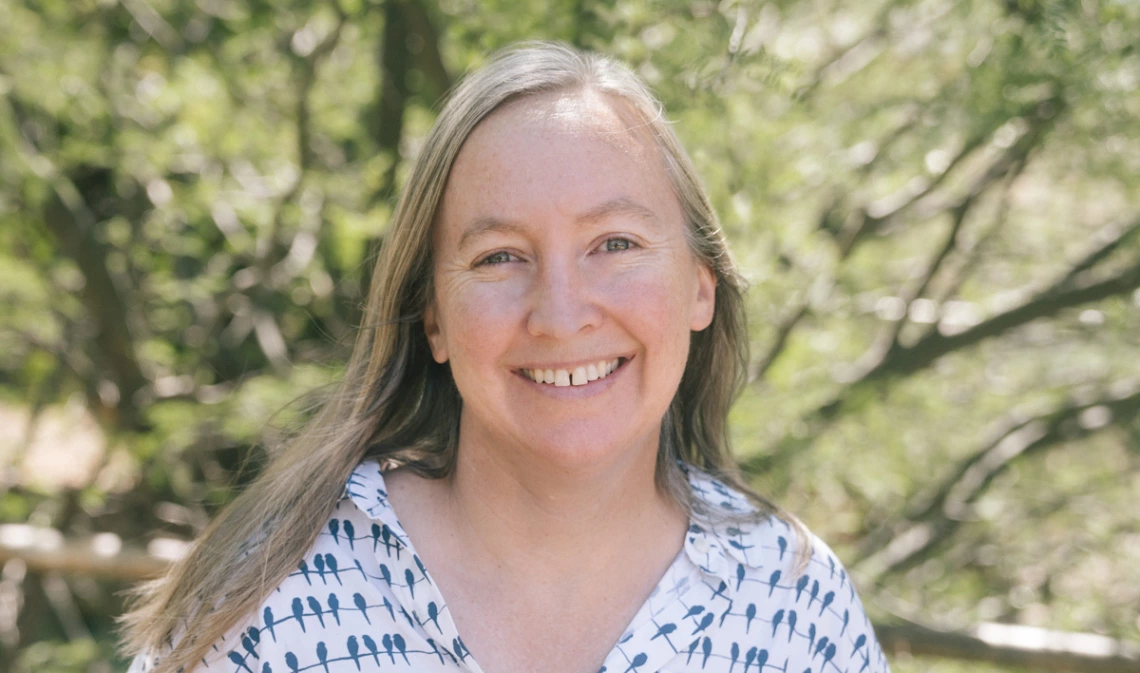Outgoing Director Reflects on 15 Years at Arizona Project WET

A story I am telling a lot lately about my time at Arizona Project WET was that at my first Arizona Water Festival in 2008 we were still teaching kids about water conservation behaviors like turning off the water when you brush your teeth and taking shorter showers. Now, when we ask students how to conserve water they can rattle off half a dozen ideas like that without even thinking—they’ve learned those behaviors from their families, who learned them in school! To keep one step ahead of students, we’ve shifted our teaching to exploring ways that technology like high-efficiency fixtures and practices like checking our water meters can help to conserve. These shifts in our overall culture of conservation are ongoing and while not exactly fast, still faster than we might think.
What comes next for Arizona Project WET and conservation education? I don’t have a crystal ball, but we are beginning to pilot lessons about checking outdoor irrigation systems for efficiency by searching for leaks and properly adjusting watering times. So far, our Rainwater Harvesting program has installed 40 rain gardens in schools, where thousands of students have learned about using native plants and the water running off streets and roofs to build beautiful, heat- and flood-mitigating landscapes on their campuses. Imagine a world where when you ask a 5th or 6th grader how to plant a tree, they immediately respond, “Start at the top of the watershed and plant the water first by building a rain basin!” The work of Arizona Project WET has always been to empower individuals with the skills they need to be excellent water stewards, and as we face even more water challenges in Arizona, I look forward to seeing how education can lead to the next cultural shift in our conservation ethic.
I came to the WRRC and Arizona Project WET as a young professional and was ushered into a community of water professionals who care deeply about our communities and environment. I always tell people who ask about our water future that there aren’t any simple solutions, but there ARE a lot of smart people who care deeply that are working on the problem, and that’s the best we can ask for. My next chapter will take me to a different kind of water conservation as I head to Bahia de Kino, Sonora, to learn and work in marine conservation—so I’m counting on Arizona Water professionals to keep the Colorado River flowing and maybe save some every once in a while for the Gulf!
– Holly Thomas-Hilburn

